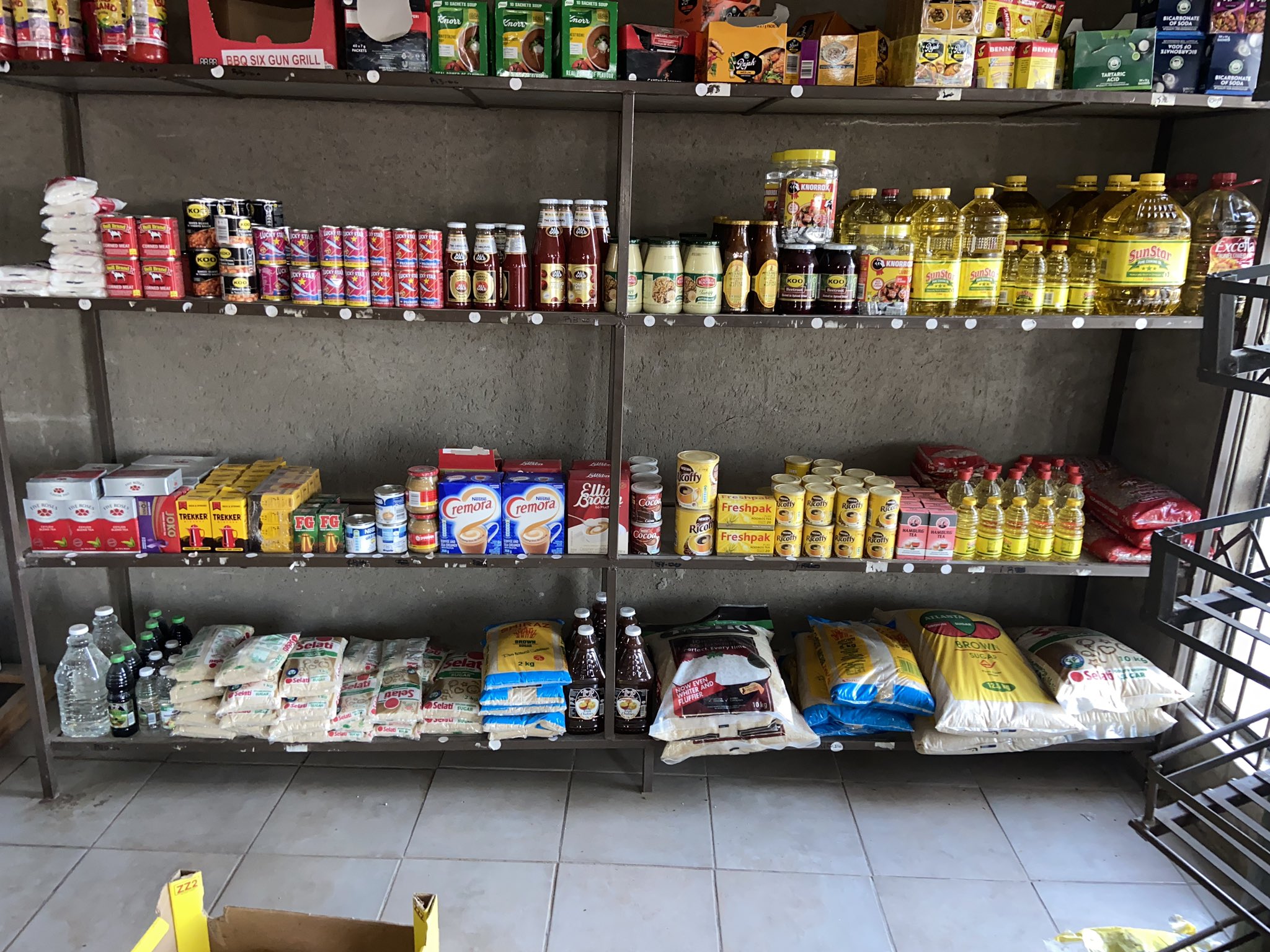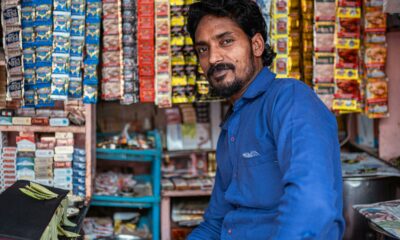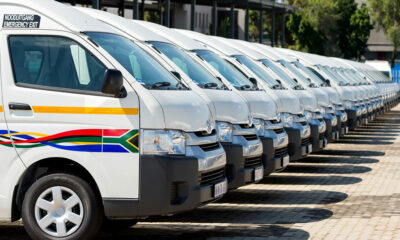News
Soweto Residents Slam Spaza Shops for Charging Extra Card Fees

Many Soweto residents are raising red flags over what they describe as unfair financial practices at local spaza shops. The frustration stems from reportedly high card transaction fees, which shoppers claim are being added to routine purchases and cash withdrawals—costs that especially hurt low-income households and social grant recipients.
Rising Costs at the Till
Shoppers allege that spaza shop owners are tacking on extra charges—sometimes as high as R10 per transaction—for card-based purchases or withdrawals. For someone withdrawing just R100, that could mean losing 10% of their money before even stepping outside the store.
“It might seem like a small fee, but for the unemployed or pensioners, every rand counts,” said a local community activist. “This isn’t just a bad habit—this is economic exploitation.”
Hidden Charges Confirmed
To test the claims, an undercover visit to various spaza shops confirmed the practice. At one store, a simple bottle of water priced at R10 came with a R2 surcharge when paid for with a bank card. Another charged R22 for a R20 loaf of bread.
When asked about the reasoning, shopkeepers vaguely referenced “company policy,” without identifying which company or legal rule allowed such charges.
Residents Call for Action
The outcry is growing, with residents demanding that the government and financial regulators intervene. “Formal retailers absorb these fees—it’s built into the cost of doing business,” argued one local. “Why are informal traders allowed to offload that cost onto the poorest people?”
There’s concern that unregulated operators are taking advantage of communities that already face limited access to traditional banking services and formal retail options.
Authorities May Step In
Regulatory bodies are expected to look into the legality of these charges. Financial watchdogs could soon assess whether spaza shops are breaking any payment system rules—and what penalties, if any, might apply.
A Bigger Problem in the Informal Economy
This issue is sparking a broader conversation about fairness in South Africa’s informal economy. Activists are urging stronger oversight, clearer consumer rights protections, and better education so that vulnerable shoppers aren’t left at the mercy of hidden costs.
At its core, this is about more than just a few extra rands at the till. It’s about justice, transparency, and protecting the people who can least afford to lose out.
{Source: MSN}
Follow Joburg ETC on Facebook, Twitter , TikTok and Instagram
For more News in Johannesburg, visit joburgetc.com



























